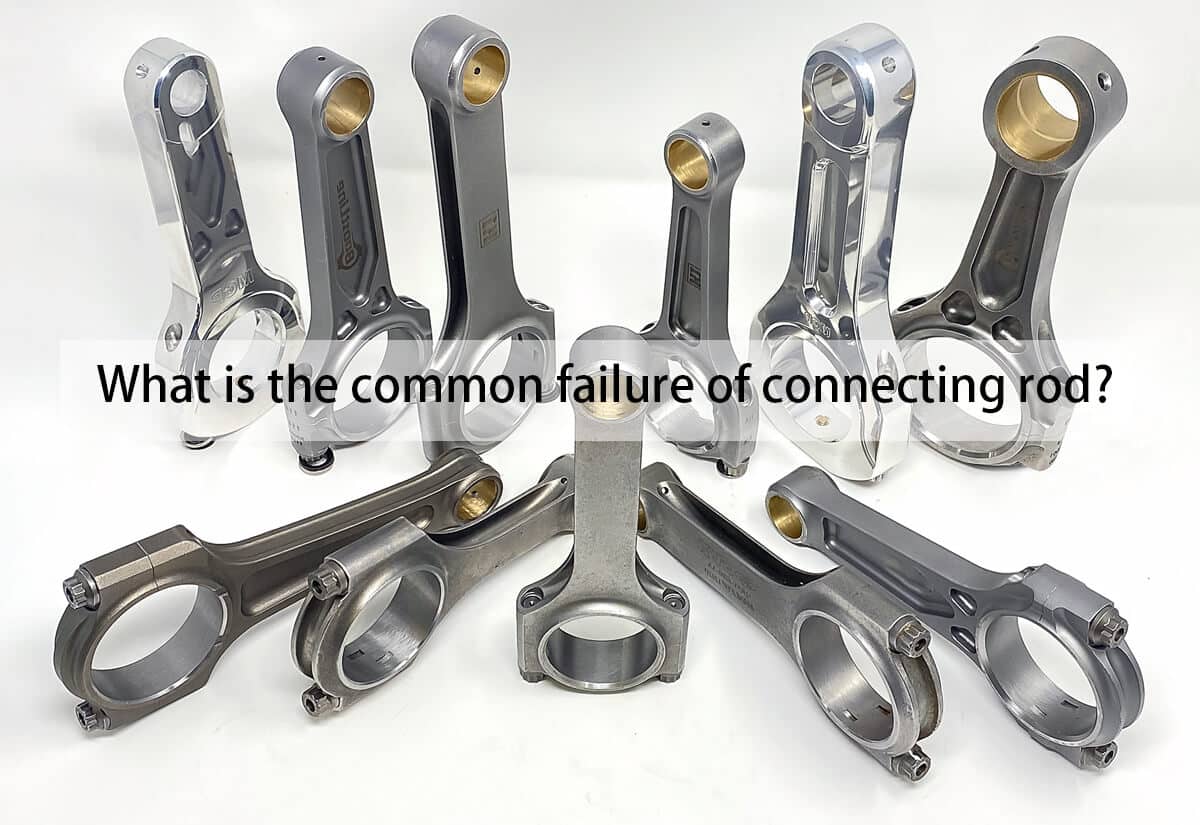Maintain the battery of the diesel generator
- BY BISON
Table of Contents
Maintaining the battery of a diesel generator is essential to ensure that the generator is able to start and function properly. A well-maintained battery will also have a longer lifespan and require fewer replacements. In order to maintain the battery, it is important to keep the terminals clean and tight, ensure that the battery is charged, check the electrolyte level and add distilled water if necessary, inspect the battery for damage, store it in a cool and dry place, and perform regular load testing. Following the manufacturer’s instructions and guidelines for specific maintenance recommendations is also important. Proper maintenance and care will ensure that the battery is ready to power the generator when it is needed.

Things That Need To Be Done
Some of the methods to maintain the battery of the diesel generator include;
Regular Inspection: Regularly inspect the battery and its connections to check for any signs of damage or wear. This includes checking the water level and electrolyte level, as well as checking for any signs of corrosion or damage to the terminals.
Cleaning: Clean the terminals of the battery and the surrounding area to remove any dirt, dust, or corrosion. This can be done using a wire brush or a baking soda and water solution.
Charging: Check the charging rate and voltage level of the battery using a voltmeter. Charge the battery if necessary, using a battery charger.
Testing: Conduct regular load tests on the battery to ensure it can provide power under load. This can be done using a load tester or by running the generator under load for a period of time.
Common issues to maintain the battery of the diesel generator
- Low electrolyte level
- Corroded terminals
- Overcharging
- Deep discharge
- Exposure to extreme temperatures and humidity
- Lack of usage
- Old or worn-out battery
- Loose or corroded battery cables or connections
- Saltation, caused by leaving a battery in a discharged state for too long
- Damaged or worn-out charging system components like alternator or voltage regulator.

Steps to maintain the battery of the diesel generator
Proper maintenance of a diesel generator’s battery is crucial to ensure it functions correctly and has a long lifespan. Here are some detailed steps for maintaining the battery:
- Check the electrolyte levels: The battery cells should be checked regularly to ensure that the electrolyte levels are at the correct level. Distilled water should be added if necessary to keep the levels at the recommended level.
- Clean the terminals: The battery terminals should be kept clean and free of corrosion. Use a solution of baking soda and water to clean the terminals and ensure they are free of any build-up.
- Secure the battery: The battery should be securely fastened to prevent movement and damage. Check the battery hold-down and make sure it is tight and secure.
- Keep the battery in a cool place: The battery should be kept in a cool, dry place to prevent damage from heat and humidity. High temperatures and humidity can cause the battery to degrade faster.
- Charge the battery regularly: If the generator is not in use, the battery should be charged at least once a month to keep it in good condition. A battery that is not used for a long time can lose its charge and become damaged.
- Perform a load test: It is a good practice to perform a load test on the battery at least once a year to check its condition and capacity.
- Check for leaks: Check the battery for any signs of leakage, which can indicate a problem with the battery or its connections. If there is any leakage, take the generator to a professional for repair.
- Properly dispose of old batteries: When it’s time to replace the battery, make sure it’s properly recycled or disposed of according to local regulations.
- By following these steps, you can ensure that your diesel generator’s battery is well-maintained and functions correctly.
conclusion
- Regularly checking the battery’s water level and electrolyte level is important because a low electrolyte level can cause the battery to fail and not provide enough power to start the generator.
- Keeping the terminals clean and free of corrosion is important because dirty and corroded terminals can lead to poor electrical connections, which can result in reduced performance and even damage to the battery and generator.
- Checking the charging rate and voltage level is important because an incorrect charging rate can cause damage to the battery and an incorrect voltage level can cause the generator to not start or run properly.
- Conducting regular load tests is important because it allows you to check the battery’s ability to provide power under load and can help identify any potential issues before they lead to a failure of the battery or generator.
- Storing the battery in a cool, dry place is important because extreme temperatures and humidity can cause damage to the battery and shorten its lifespan.
Overall, regular maintenance of the battery is crucial to ensure proper operation of the portable power generator and to extend the lifespan of the battery and generator.
Maintain the battery FAQ
How can I tell if my diesel generator's battery needs to be replaced?
One way to tell if a battery needs to be replaced is if it is not holding a charge. Keep an eye on the battery’s age and the time it has been in use, if it’s getting close to the end of its life, consider replacing it. Another way to tell is if the battery is showing signs of damage or wear such as swelling or leakage.
How can I properly store my diesel generator's battery?
Store the battery in a cool, dry place and ensure it is protected from extreme temperatures and humidity. Keep the battery in a battery box or cover it with a battery blanket to protect it from the elements. Proper storage of the diesel generator battery is essential to ensure the generator runs smoothly and does not put unnecessary strain on the battery.
How often should I maintain the battery of my diesel generator?
It is recommended to check the battery’s water level and electrolyte level, as well as its terminals, at least once a month and perform a load test at least once a year.
What are the consequences of not maintaining my diesel generator's battery?
If the battery is not maintained properly, it can lead to reduced performance, damage to the battery and generator, and costly repairs and downtime. Lack of usage can cause the battery to lose its charge and not provide enough power to start the generator. Not maintaining the battery also shortens the lifespan of the battery.
contact us
Please complete our contact form and we will soon get back to you with expert advice.
business
Get in touch to speak with our experts!

Generator connecting rods reuse or replacement
Generator connecting rod reuse or replacement? Although it can be reused, always check for wear. If damaged, choose a replacement to ensure optimal performance.

can you use red diesel in a generator?
BISON will analyze in depth the key issues of fuel selection for diesel generators, clarifying ideas and considering the environmental impact of red diesel.

Difference between continuous, prime & standby generators
In this article, BISON will explore the differences between continuous, prime, and standby generators in terms of power ratings, uses, costs, and more

break in a generator: how to properly break in?
In today’s article, BISON generator manufacturers will take you through the intricacies of properly breaking in a generator, a must-read guide.

Small current powered by diesel generator set
Want to know the reasons for a small current powered by a diesel generator set? Then you’ve come to the right place. Read this blog post to know all the reasons.

How does ATS work with generators
In this article, BISON will explore how an ATS enhances generator performance and ensures seamless power transfer.






